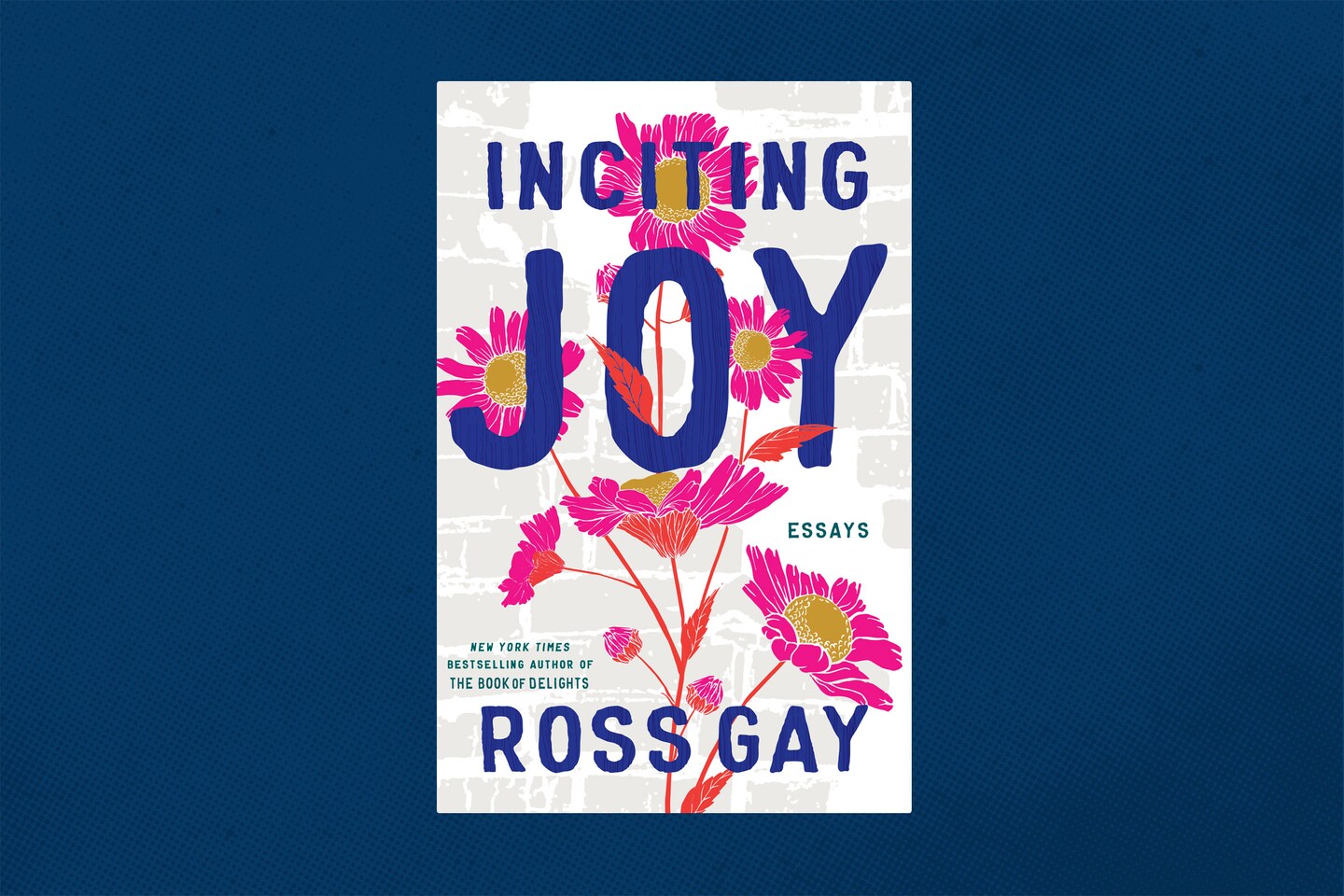
But I worried. From gratitude to delight to joy … had becoming a best-selling author turned this man’s beautiful mind into a brand? It happens all the time, and who can blame those who succumb to the allure of the market, given the inhospitable academic settings in which many writers earn their living as teaching faculty?
With “Inciting Joy,” which inspires us to look beyond the miseries of our era to envision a more welcoming future, Gay vaults over the possibility of treacle to offer a concept of joy akin to what Audre Lorde conceptualized in her essay “Uses of the Erotic: The Erotic as Power,” in which she wrote, “The sharing of joy, whether physical, emotional, psychic, or intellectual, forms a bridge between the sharers which can be the basis for understanding much of what is not shared between them, and lessens the threat of their difference.”
This is not to say that joy erases difference, nor that the ferocity of community feeling should be less aggressive in a nation that seeks to eradicate that which does not conform to the immoral demands of capitalism. Rather, as Gay writes, “What if joy is not only entangled with pain, or suffering, or sorrow, but is also what emerges from how we care for each other through those things?”
As direct as he can be when making a point he doesn’t want readers to miss, Gay prefers digressions that are, in and of themselves, dialectical enchantments. His discursive forays into changing landscapes — whether basketball courts, or parking lots re-envisioned as skate parks, or gardens, or his own body — are sometimes parenthetical or footnoted, but they are never boring.
I kept writing quotes down and sharing them with whomever was near. E.g., in response to the popularity of attention-seeking admissions of privilege: “To be without green space, or to be without access to a park or clean water or the forest or fruit trees or birdsong or shade or a deep and abiding relationship with a tree … is violence, it is abnormal (even if it is the norm), and it is an imposition of precarity that is not natural.”
In short, for those (fewer and fewer) of us who can access clean air and water, unfettered land and learning: “What would happen if we acknowledged that none of this is privilege, but rather it is as it should and could be?”
Action. That is what such recognition would demand. An incitement is what Gay means to deliver, and he does. Whether writing about dropping into a hang, during which two friends give each other the kind of attention that Simone Weil called the purest of generosities, or about games of pickup, or about the pernicious racism that plagues our country, or about the stultifying structures of higher education, Gay proves that “real learning is unpredictable, improvisatory, and by definition, confounding. By definition, if the learning is real, the outcomes are unfathomable.”
Gay’s radical openness to possibility leads to subtle discernments of his errors of judgment, such as dismissing the humanity of his dead father to avoid the hurt of his own wounded feelings. Such revelations invite a “soft, mutual, curious, groundless witnessing” of grief as the “metabolization of change.”
To wade through our “oceanic” mourning, to do so without fear of drowning, is to find buoyancy in getting free, which is not the same as severing our ties to those anchors that are also our burdens: “The luminous, mycelial tethers between us, our fundamental connection to one another, the raft through the sorrow, the holding through the grief joy is, reminds us, again and again, that we belong not to an institution or a party or a state or a market, but to each other. Needfully so.”
May these quotes plant seeds that flourish. His final metaphor (which I will not describe, to preserve for you the elation made possible by an unforeseen volta about farming) stirred in me a shimmering fire that was banked but not doused by time.
Get yourself a copy of “Inciting Joy,” then gift yourself the great pleasure of giving it away. The deepest joys are those we share.
Kristen Millares Young is a journalist, essayist and author of the novel “Subduction.”
Inciting Joy
By Ross Gay
Algonquin. 256 pp. $27
A note to our readers
We are a participant in the Amazon Services LLC Associates Program, an affiliate advertising program designed to provide a means for us to earn fees by linking to Amazon.com and affiliated sites.








